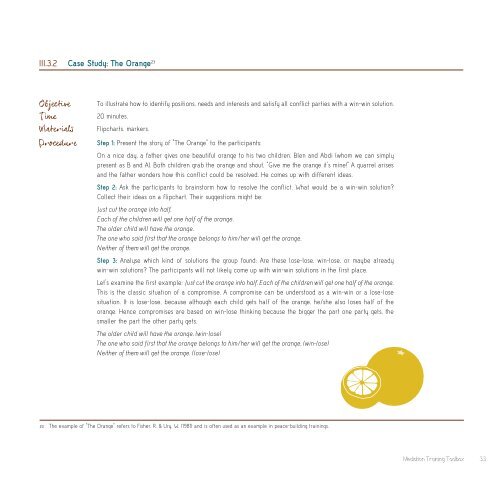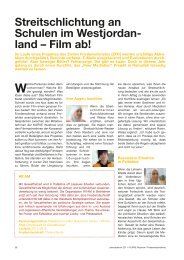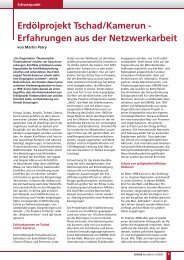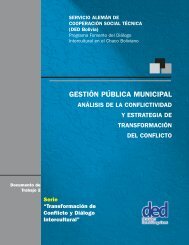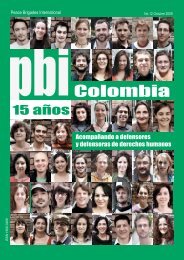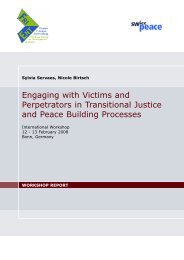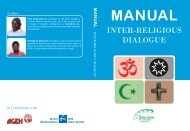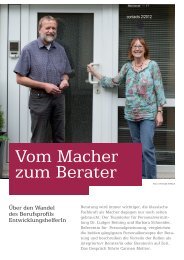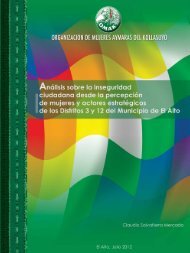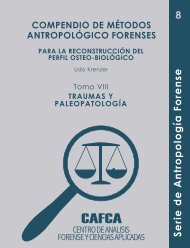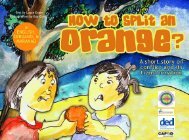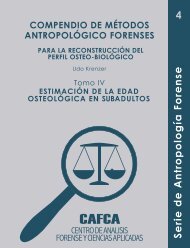Merging Ethiopian Wise-Counsel Mediation and Facilitative ...
Merging Ethiopian Wise-Counsel Mediation and Facilitative ...
Merging Ethiopian Wise-Counsel Mediation and Facilitative ...
- No tags were found...
You also want an ePaper? Increase the reach of your titles
YUMPU automatically turns print PDFs into web optimized ePapers that Google loves.
III.3.2 Case Study: The Orange 23To illustrate how to identify positions, needs <strong>and</strong> interests <strong>and</strong> satisfy all conflict parties with a win-win solution.20 minutes.Flipcharts, markers.Step 1: Present the story of“"The Orange"”to the participants:On a nice day, a father gives one beautiful orange to his two children, Blen <strong>and</strong> Abdi (whom we can simplypresent as B <strong>and</strong> A). Both children grab the orange <strong>and</strong> shout, "Give me the orange—it's mine!"”A quarrel arises<strong>and</strong> the father wonders how this conflict could be resolved. He comes up with different ideas.Step 2: Ask the participants to brainstorm how to resolve the conflict. What would be a win-win solution?Collect their ideas on a flipchart. Their suggestions might be:“ Just cut the orange into half.Each of the children will get one half of the orange.The older child will have the orange.The one who said first that the orange belongs to him/her will get the orange.Neither of them will get the orange.Step 3: Analyse which kind of solutions the group found: Are these lose-lose, win-lose, or maybe alreadywin-win solutions? The participants will not likely come up with win-win solutions in the first place.Let's examine the first example: Just cut the orange into half. Each of the children will get one half of the orange.This is the classic situation of a compromise. A compromise can be understood as a win-win or a lose-losesituation. It is lose-lose, because although each child gets half of the orange, he/she also loses half of theorange. Hence compromises are based on win-lose thinking because the bigger the part one party gets, thesmaller the part the other party gets.“ The older child will have the orange.”(win-lose)The one who said first that the orange belongs to him/her will get the orange.”(win-lose)Neither of them will get the orange.”(lose-lose)23 The example of "The Orange" refers to Fisher, R. & Ury, W. (1981) <strong>and</strong> is often used as an example in peace-building trainings.<strong>Mediation</strong> Training Toolbox33


